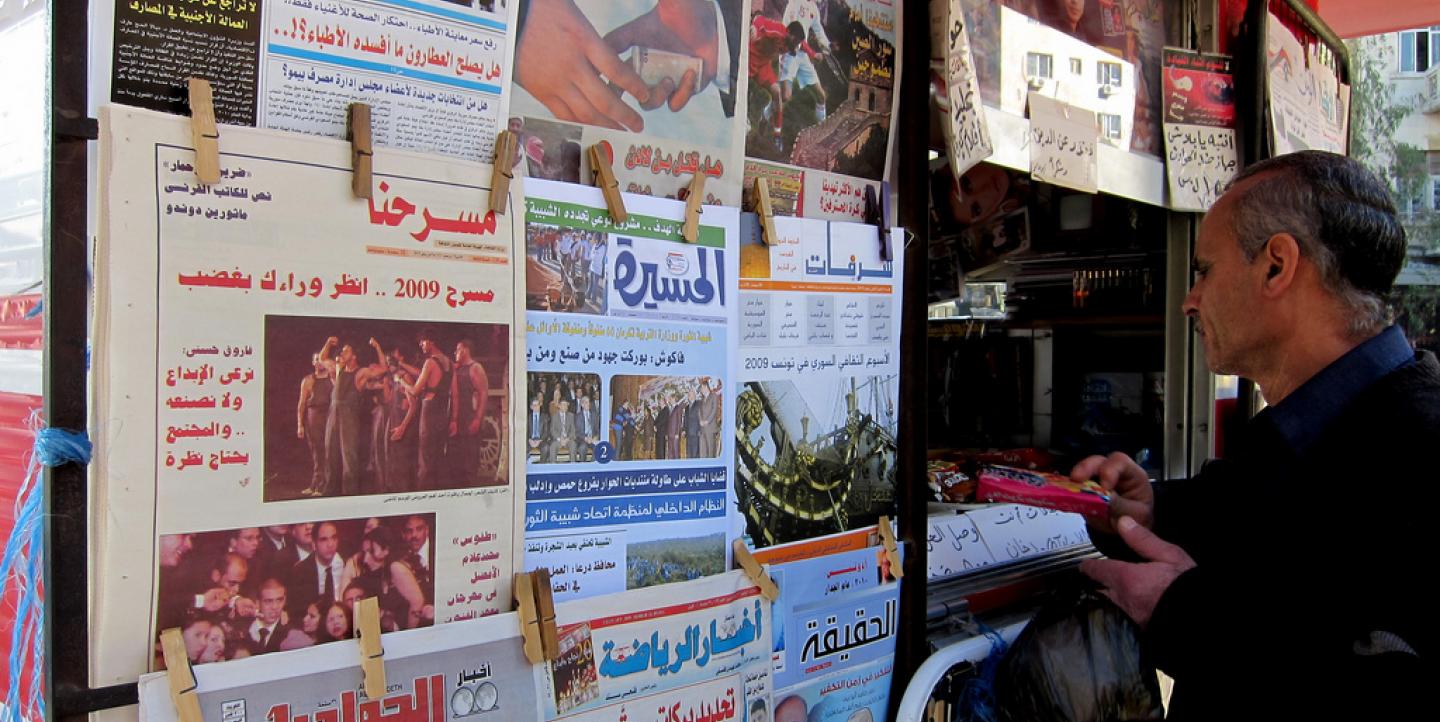Every now and then we hear unscientific statements — which are based on partial truth — that claim that journalism has ended or is on its way to extinction. This is not true and follows similar claims about the death of radio when TV was launched, even though we are seeing a renewal of interest in radio.
To explain this issue better we need to understand that journalism is not connected to the printed press, which is suffering a setback in the number of actual editions that are being distributed and sold. The reality is that consumers of journalism, including what is produced for the printed press, have increased a lot.
It can be argued that income from journalism has receded and that is because of the fact that some of the advertisers belittle the importance and reach of electronic platforms. This temporary hiccup, however, could be resolved on condition that the content of journalism, whether in the printed form or the electronic one, is improved. In this regard, it is noteworthy that the consumer's ability to chose a particular story, feature or investigative report using electronic platforms has greatly increased. This increase overshadows the previous commitment readers had to a particular newspaper or media outlet.
The public's ability to pick and chose particular stories will have a great negative effect on traditional Arabic language press which has been living on traditional public support and allegiance to it for a variety of reasons. This change is bound to leave its mark on the way Arab newspapers and media outlets approach professional journalists who can produce these individual high quality reports, features and investigations that the new discerning public seeks and can choose from.
The majority of the Arab press — whether available in print or online — depends largely for their news on what national or international press agencies produce. The only real investment is placed in supporting columnists whose opinions and analysis reflect the particular editorial line of the publisher and the owners of that outlet.
This disproportionate support for columnists rather than reporters can best be seen when you ask any follower of Arab media to name a particular news reporter or investigative journalist connected with a particular journal.
Look at the front pages of most Arab newspapers – in print or online – and you will rarely find a recurring name of a reporter who is specialized and writes exclusively for that paper. You will, however, often be told of names of well-known columnists. Most of the front page and other news pages will be full of news reports from national or international wire services.
It is rare that you will see in most newspapers a staff reporter who writes exclusively researched news stories about a local political or diplomatic issue. For the most part, therefore, the Arab press is dependent on columnists, with rarely a byline of a staff news reporter.
If you follow the BBC Arabic radio daily press reports you will notice a strange phenomena. When they report on what the Arabic language newspapers published in London, they usually quote the headlines of these papers. Whereas when they reflect on the English-language British press, you will hear details of exclusive news stories. This means that the only thing that is original in the front pages of the Arabic language newspapers previewed by the BBC Arabic staff is the headlines. Detailed reports are usually published in the British press which has developed over the years a strong reputation for professional journalism.
One of the most important kinds of reports that you often hear about in the British press, are human-interest feature stories. On the other hand, the Arab press is often enamored with numbers rather than personal stories. For example you might read in the Arab press about 40 Iraqis being killed or 20 homes in Sinai being demolished or the trial of 15 extremists in Saudi Arabia, but you never get to meet and learn about the lives of any of these people.
Humanizing these stories converts the subject from a number to flesh and blood. You get to hear the background story of one of those Iraqis whose life was cut short by that explosion or the sweat, tears and memories that took a particular family in Sinai to build the home that is now among those destroyed. Humanizing the story would tell you how that extremist now being tried had reached that particular position. Going behind the news tells us the story we need to know rather than just the number.
Some of the readers might enjoy reading this article, but it is important to know that this is simply an opinion piece. Journalism is not columns and opinions; it is exclusive news, photos, original analysis and investigations.
We follow and read thousands of media outlets, whether in print or electronic, in the Arab world. But if those media outlets published only exclusive reports, how many of them would remain?
Daoud Kuttab is a former Ferris Professor of Journalism at Princeton University. He is the founder/director of Community Media Network in Amman and serves as board chair of Arab Reporters for Investigative Journalism.
This post originally appeared in the Middle East Monitor and Global Investigative Journalism Network. It is republished on IJNet with permission.
Main image CC-licensed by Flickr via Melissa Wall.

